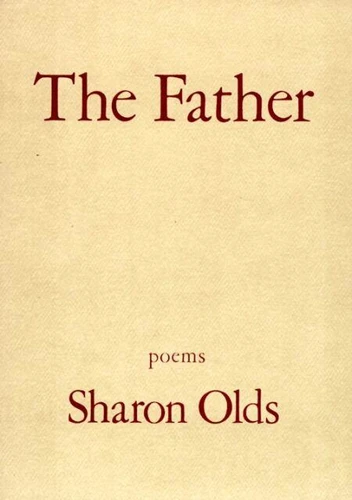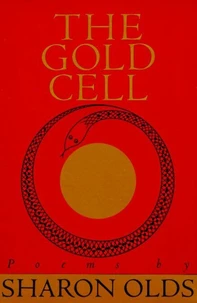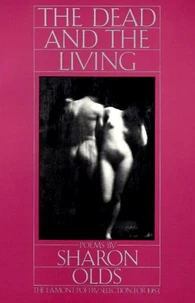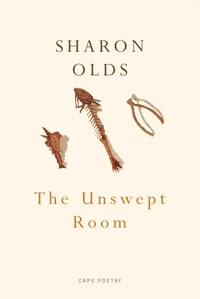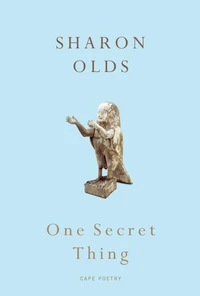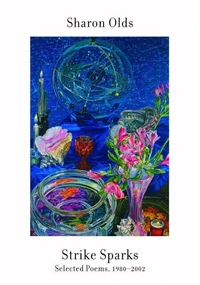The Father
Par :Formats :
Disponible dans votre compte client Decitre ou Furet du Nord dès validation de votre commande. Le format ePub protégé est :
- Compatible avec une lecture sur My Vivlio (smartphone, tablette, ordinateur)
- Compatible avec une lecture sur liseuses Vivlio
- Pour les liseuses autres que Vivlio, vous devez utiliser le logiciel Adobe Digital Edition. Non compatible avec la lecture sur les liseuses Kindle, Remarkable et Sony
- Non compatible avec un achat hors France métropolitaine
 , qui est-ce ?
, qui est-ce ?Notre partenaire de plateforme de lecture numérique où vous retrouverez l'ensemble de vos ebooks gratuitement
Pour en savoir plus sur nos ebooks, consultez notre aide en ligne ici
- Nombre de pages96
- FormatePub
- ISBN978-0-307-76073-9
- EAN9780307760739
- Date de parution05/12/2012
- Protection num.Adobe DRM
- Taille2 Mo
- Infos supplémentairesepub
- ÉditeurKnopf
Résumé
A searing sequence of poems about a daughter's vision of a father's illness and death-by the Pulitzer Prize and T. S. Eliot Prize for Poetry winner, called "a poet for these times, a powerful woman who won't back down" (San Francisco Chronicle). The Father chronicles these events in a connected narrative, from the onset of the illness to reflections in the years after the death. The book is, most of all, a series of acts of understanding.
The poems are impelled by a passion to know, and a freedom to follow wherever the truth may lead. The book goes into area of feeling and experience rarely entered in poetry. The ebullient language, the startling, far-reaching images, the sense of extraordinary connectedness seize us immediately. Sharon Olds transforms a harsh reality with truthfulness, with beauty, with humor-and without bitterness.
The deep pain in The Father arises from a death, and from understanding a life. But there is joy as well. In the end, we discover we have been reading not a grim accounting but an inspiriting tragedy, transcending the personal. The radiance and daring that have always distinguished Sharon Old's work find here their most powerful expression.
The poems are impelled by a passion to know, and a freedom to follow wherever the truth may lead. The book goes into area of feeling and experience rarely entered in poetry. The ebullient language, the startling, far-reaching images, the sense of extraordinary connectedness seize us immediately. Sharon Olds transforms a harsh reality with truthfulness, with beauty, with humor-and without bitterness.
The deep pain in The Father arises from a death, and from understanding a life. But there is joy as well. In the end, we discover we have been reading not a grim accounting but an inspiriting tragedy, transcending the personal. The radiance and daring that have always distinguished Sharon Old's work find here their most powerful expression.
A searing sequence of poems about a daughter's vision of a father's illness and death-by the Pulitzer Prize and T. S. Eliot Prize for Poetry winner, called "a poet for these times, a powerful woman who won't back down" (San Francisco Chronicle). The Father chronicles these events in a connected narrative, from the onset of the illness to reflections in the years after the death. The book is, most of all, a series of acts of understanding.
The poems are impelled by a passion to know, and a freedom to follow wherever the truth may lead. The book goes into area of feeling and experience rarely entered in poetry. The ebullient language, the startling, far-reaching images, the sense of extraordinary connectedness seize us immediately. Sharon Olds transforms a harsh reality with truthfulness, with beauty, with humor-and without bitterness.
The deep pain in The Father arises from a death, and from understanding a life. But there is joy as well. In the end, we discover we have been reading not a grim accounting but an inspiriting tragedy, transcending the personal. The radiance and daring that have always distinguished Sharon Old's work find here their most powerful expression.
The poems are impelled by a passion to know, and a freedom to follow wherever the truth may lead. The book goes into area of feeling and experience rarely entered in poetry. The ebullient language, the startling, far-reaching images, the sense of extraordinary connectedness seize us immediately. Sharon Olds transforms a harsh reality with truthfulness, with beauty, with humor-and without bitterness.
The deep pain in The Father arises from a death, and from understanding a life. But there is joy as well. In the end, we discover we have been reading not a grim accounting but an inspiriting tragedy, transcending the personal. The radiance and daring that have always distinguished Sharon Old's work find here their most powerful expression.

